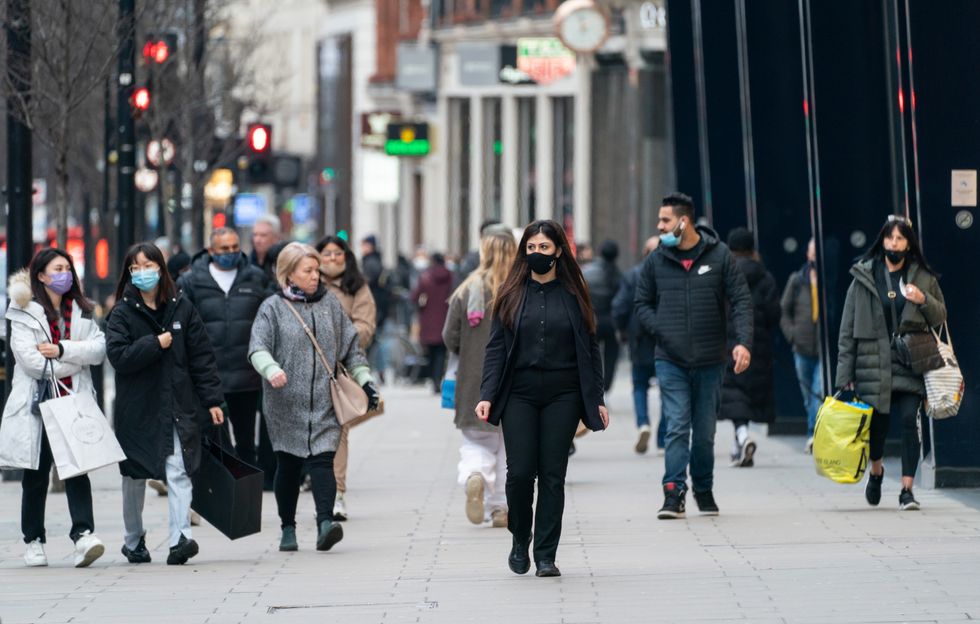Other terms such as 'ends', 'bare' and 'man' could also become more common
Don't Miss
Most Read
Trending on GB News
Street slang terms like “wagwan” and “peng” could become Britain’s main dialect in the next 100 years, experts say.
The terms, which belong to the Multicultural London English (MLE) dialect, have emerged within children in recent years.
And MLE is expected to spread across the UK in the next 100 years, according to Prof Matt Gardner, a linguistics lecturer at the University of Oxford.
Street slang terms could become Britain’s main dialect
Dominic Lipinski
Experts believe that social media is playing a part for the rise in MLE
Dominic Lipinski
Mr Gardner told the Telegraph: “Language always changes. We don’t speak in the same way people did in the time of Shakespeare or Chaucer.
“London, being the economic and cultural centre, drives these changes. We have seen that across the last hundred years, and we will see that across the next 100 years.
“What we will likely see is this multiethnolect spread geographically close to London, in the south-east, but also in other major cities, and then outwards from those cultural centres.”
The spread could lead to “wagman” and “peng”, as well as “ends”, “bare” and “man” being much more common across the country.
Paul Kerswill, the emeritus professor of sociolinguistics at the University of York, said: “It’s a never-ending cycle.
“Slang and dialects inevitably feed into the mainstream, and become mainstream. We will see Multicultural London English become mainstream in the years ahead.”
While Dr Rob Drummond, a linguistics expert at Manchester Metropolitan University, has taken a look into the growth of MLE in Manchester.
He said: “Social media can play a part. Pre-social media, new slang and ways of speaking were spread through face to face contact.
“Now there are far more ways for people to communicate with each other and to share language, and much of it is rapid and immediate. That has to increase the rate at which language spreads, and its reach.”










